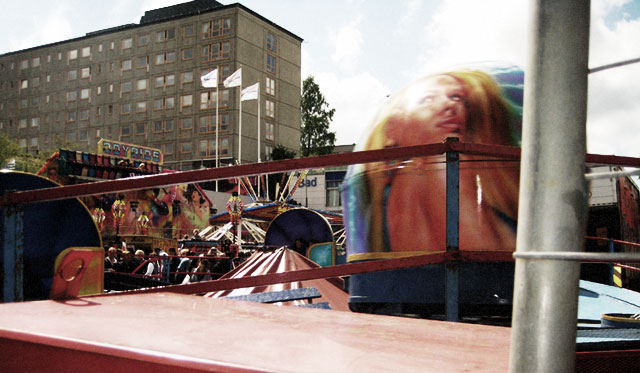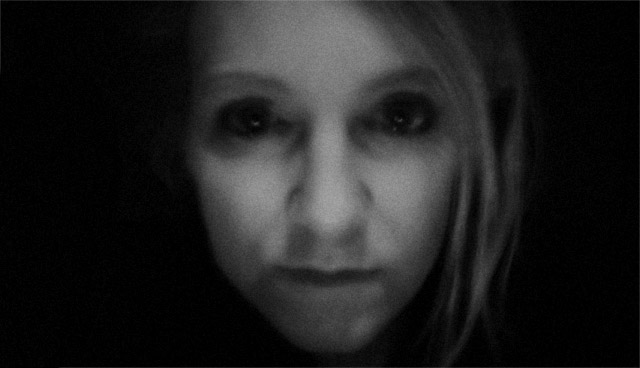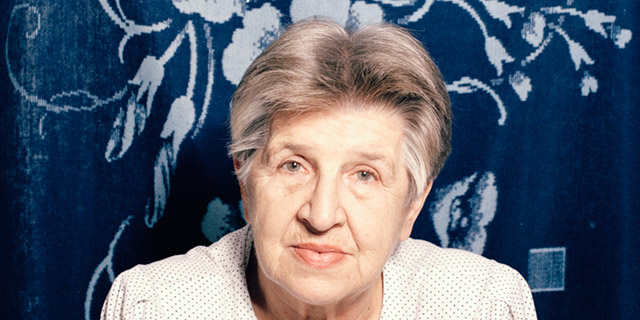It was a bargain. We will give you our lives; we will spend our lives obediently doing things we wouldn’t choose, things that probably do not really matter to anyone. And in return we will get money. And money will take care of us
→ Shareable.net, Benjamin Rosenbaum: The guy who worked for money
Dead bodies alone, are not that fascinating or scary or whatever you think they might be. They are just what they look like, lifeless skin suitcases. Without the life in them, they’re nothing. I think a person needs life and a body to be a human being. Without one of the two they are just meat furniture that needs to be moved before it starts to stink, or starts to rot, or starts to rot any more in any case.
→ My life with death: mylifewithdeath.blogspot.com
The notorious stage theory of Elisabeth Kübler-Ross, whereby one progresses from denial to rage through bargaining to depression and the eventual bliss of “acceptance,” hasn’t so far had much application in my case. In one way, I suppose, I have been “in denial” for some time, knowingly burning the candle at both ends and finding that it often gives a lovely light.
→ Vanity Fair, Christopher Hitchens: Topic of Cancer


An artist can only add shit to shit. Dinos once said, ‘Our art is potty-training for adults.’ He got that about right.” The Chapman brothers are trying to help grown-ups be more civilised? “We’re not here to help,” he giggles. “We certainly don’t care about moral instruction. Our interest in morality is not in being moralists, but in how morality works as a functional pacifier.”
→ Guardian.co.uk, Stuart Jeffreys: How the Chapman brothers became the brothers grim
Moreover, “57.6 percent of the respondents agreed that human rights organizations that expose immoral conduct by Israel should not be allowed to operate freely. Slightly more than half agreed that ‘there is too much freedom of expression’ in Israel. The poll also found that most of the respondents favor punishing Israeli citizens who support sanctioning or boycotting the country, and support punishing journalists who report news that reflects badly on the actions of the defense establishment.”
→ Judy’s world, Judy Mandelbaum: Yes, it can happen there: Artists envision “Israel fascism”
I consider myself a reasonably bright person, who works hard to make something people like. When I’m old and crumbling, I want to be able to feel that I had a successful life in which my work brought happiness to a lot of people.
→ The bottom feeder, Jeff Vogel: Sometimes it’s OK to pirate my games
